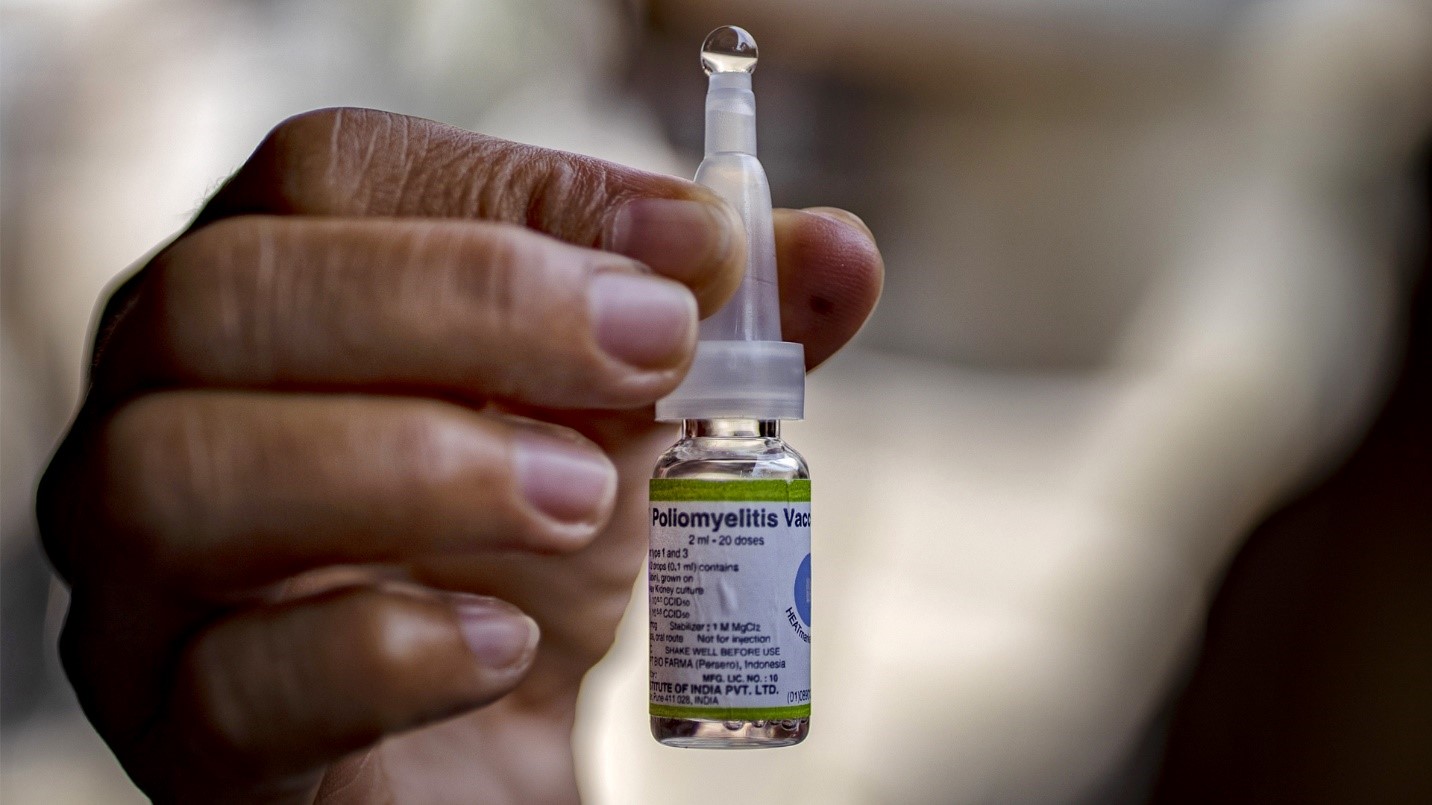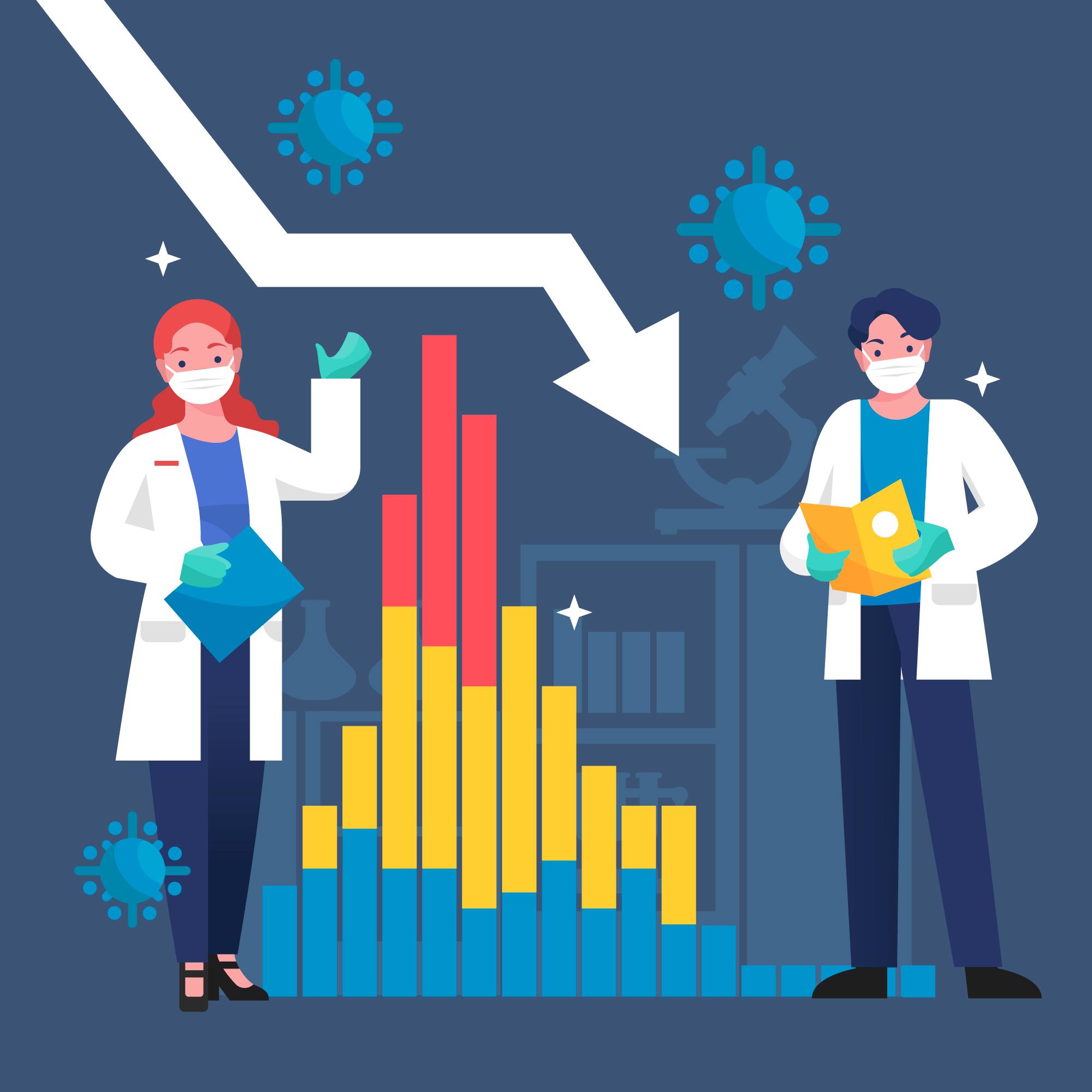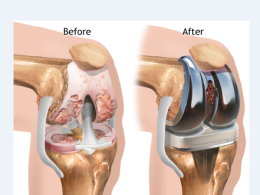Vaccines have long been heralded as one of the most effective public health interventions in human history. Their role in preventing global health crises cannot be overstated. From the eradication of smallpox to the control of polio, vaccines have saved countless lives and have been instrumental in safeguarding global health. This article delves into the pivotal role vaccines play in preventing global health crises and explores the mechanisms through which they achieve this.
Historical Successes
Smallpox Eradication
One of the most remarkable success stories in the history of vaccines is the eradication of smallpox. Smallpox was a devastating disease that claimed millions of lives over centuries. The World Health Organization (WHO) launched an intensive global vaccination campaign in 1967, and by 1980, smallpox was declared eradicated. This monumental achievement demonstrated the power of vaccines in eliminating a deadly disease from the face of the Earth.
Polio Control
Polio, a crippling and potentially deadly infectious disease, has been brought to the brink of eradication thanks to widespread vaccination efforts. The Global Polio Eradication Initiative, launched in 1988, has reduced polio cases by over 99%. Today, polio remains endemic in only a few countries, and continued vaccination efforts aim to achieve complete eradication in the near future.
Mechanisms of Vaccine Action
Herd Immunity
Vaccines work by stimulating the immune system to recognize and fight specific pathogens. When a significant portion of a population is vaccinated, it creates a phenomenon known as herd immunity. Herd immunity occurs when enough people are immune to a disease, making its spread unlikely. This protects those who cannot be vaccinated, such as infants, the elderly, and individuals with compromised immune systems. Herd immunity is crucial in preventing outbreaks and maintaining global health.
Disease Prevention
Vaccines are designed to prevent diseases before they occur. By introducing a harmless component of a pathogen (such as a protein or inactivated virus) into the body, vaccines train the immune system to recognize and combat the real pathogen if it is encountered in the future. This preemptive approach is far more effective and less costly than treating diseases after they have taken hold.
Reduction of Disease Burden
Vaccines not only prevent individual cases of disease but also reduce the overall burden of disease in a population. This includes lowering morbidity and mortality rates, reducing healthcare costs, and preventing long-term complications associated with infectious diseases. For example, the introduction of the measles vaccine has led to a significant decline in measles-related deaths and complications worldwide.

Global Health Impact
Child Mortality Reduction
Vaccination programs have played a critical role in reducing child mortality rates globally. Diseases such as measles, diphtheria, and pertussis, which once claimed the lives of millions of children, are now largely preventable through vaccination. According to the WHO, immunization prevents approximately 2 to 3 million deaths each year, underscoring the profound impact of vaccines on global health.
Pandemic Preparedness
Vaccines are a cornerstone of pandemic preparedness. The COVID-19 pandemic highlighted the importance of rapid vaccine development and distribution in controlling the spread of a novel virus. Within a year of the virus’s emergence, multiple COVID-19 vaccines were developed, tested, and authorized for emergency use. These vaccines have been instrumental in reducing the severity of illness, preventing hospitalizations, and saving lives on a global scale.
Economic Benefits
The economic benefits of vaccination extend beyond healthcare savings. Vaccination programs contribute to economic stability by preventing disease outbreaks that can disrupt economies and strain healthcare systems. For example, the economic impact of the COVID-19 pandemic has been staggering, with trillions of dollars lost due to lockdowns, healthcare costs, and reduced productivity. Vaccines have played a crucial role in mitigating these economic losses and facilitating a return to normalcy.

Challenges and Future Directions
Vaccine Hesitancy
Despite the proven benefits of vaccines, vaccine hesitancy remains a significant challenge. Misinformation, fear, and mistrust of vaccines can lead to lower vaccination rates and increased vulnerability to outbreaks. Addressing vaccine hesitancy requires effective communication, public education, and community engagement to build trust and confidence in vaccines.
Global Vaccine Equity
Ensuring equitable access to vaccines is essential for global health. Disparities in vaccine distribution can lead to unequal protection and prolong the duration of pandemics. Initiatives such as COVAX, a global collaboration to ensure equitable access to COVID-19 vaccines, aim to address these disparities and ensure that vaccines reach all corners of the world.
Emerging Infectious Diseases
As new infectious diseases continue to emerge, the development of vaccines remains a critical component of global health preparedness. Advances in vaccine technology, such as mRNA vaccines, hold promise for rapid and effective responses to emerging threats. Continued investment in research and development is essential to stay ahead of evolving pathogens.
Conclusion
Vaccines have played an indispensable role in preventing global health crises and improving the overall health and well-being of populations worldwide. From historical successes like the eradication of smallpox to the ongoing efforts to control COVID-19, vaccines have proven to be powerful tools in the fight against infectious diseases. By preventing illness, reducing disease burden, and contributing to economic stability, vaccines are a cornerstone of global health. However, challenges such as vaccine hesitancy and disparities in access must be addressed to ensure that the benefits of vaccination reach every individual, regardless of their location or socioeconomic status. As we look to the future, continued innovation and investment in vaccines will be crucial in safeguarding global health and preventing future crises.












